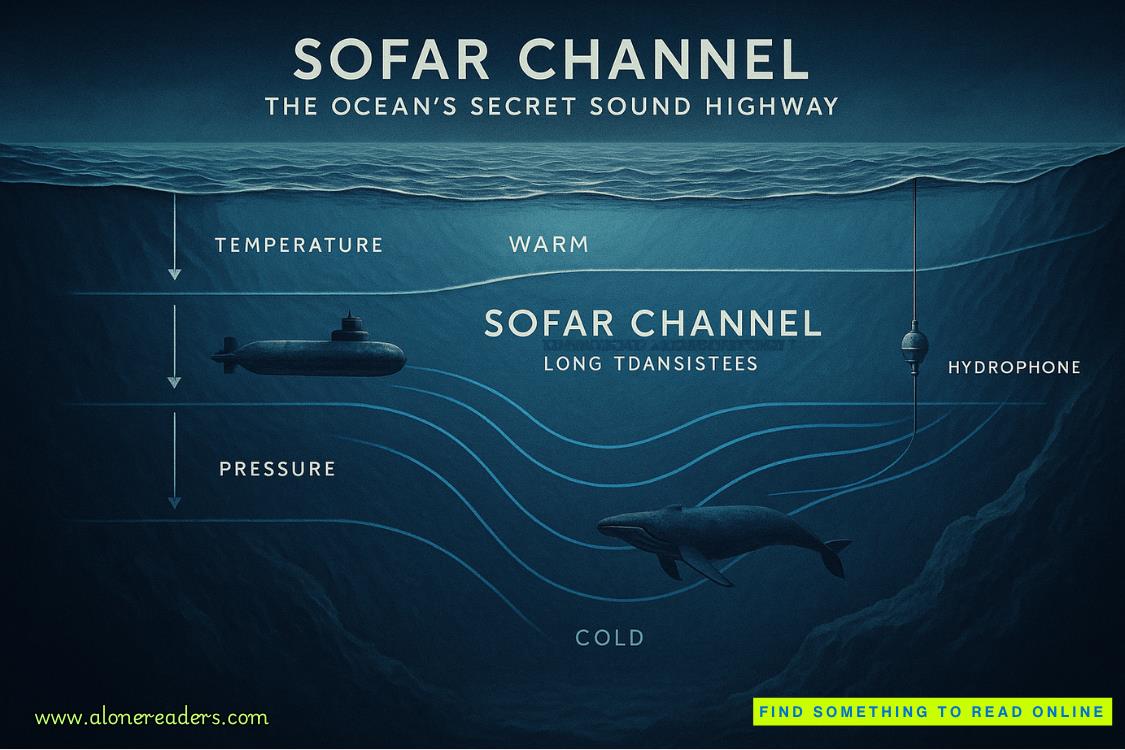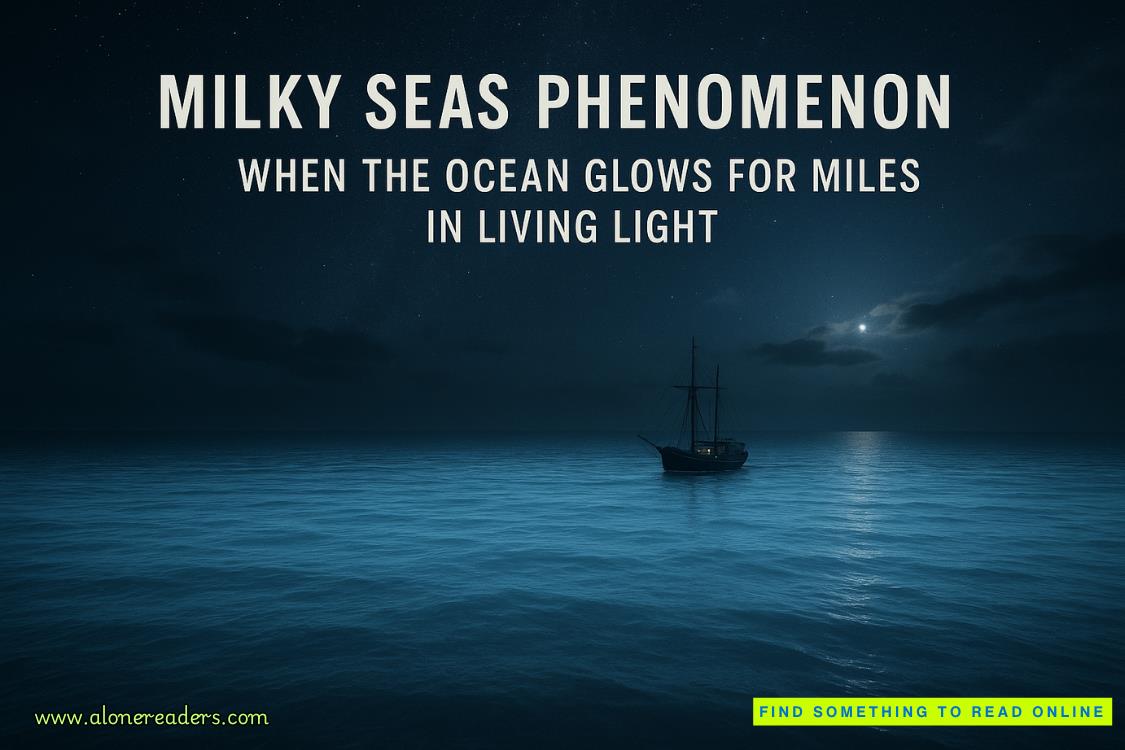"Oh," I breathed, the sound escaping without permission.
"Sometimes other Littles come here," Clara said, moving to the art supply wall with the confidence of ownership. "We have a small community. Women who understand this life, this choice."
She pulled out coloring books and boxes of pencils, setting them on a low table clearly meant for sitting on the floor rather than chairs. The casual domesticity of it—this soft room hidden in a compound where men lost ears—made my brain struggle to reconcile the contradictions.
"Pick one," Clara said, spreading out several coloring books. "I find it helps to have something to focus on while processing the heavy stuff."
I chose a book of fairy tale scenes because of course I did, settling cross-legged on the floor in my green silk dress thatwas definitely not meant for this. Clara sat beside me, choosing her own book—mandalas and geometric patterns that required precision.
The first few minutes, we colored in silence. The repetitive motion of filling in Sleeping Beauty's dress with careful strokes of purple quieted the chaos in my head. My hands stopped shaking. My breathing evened out. That floating feeling I associated with little space started creeping in at the edges, soft and welcome.
"I was leverage," Clara said suddenly, not looking up from her mandala. "That's how I met Alexei. My father owed the Bratva money—a lot of money. And Alexei kidnapped me."
My pencil stopped moving. "He took you?"
"Essentially. Dressed it up pretty, called it 'keeping me safe' while he blackmailed my father. But, yes. I was kidnapped." She switched from blue to purple, filling in geometric shapes with practiced precision. "I hated him at first. Alexei, not my father. I already hated my father."
I thought about my own parents—mom dead when I was eight, father vanished even before that. At least they'd never sold me. Abandoned me to the system, sure, but never literally traded me for debt forgiveness.
"What changed?" I asked, returning to my coloring because looking at her felt too intimate for this conversation.
"He never touched me. For months, I lived in his penthouse like a ghost he was boarding. He gave me rules, structure, consequences for breaking them, but never hurt me. Never tried to . . . you know. Just kept me safe and fed and slowly taught me what it meant to be cared for by someone."
The parallel to my own situation wasn't lost on me—Dmitry taking me in, giving me structure, teaching me to trust through consistent care rather than grand gestures.
"And things between us grew. Now my father’s in prison, and I’m free. Bit of a turnaround!”
She pulled out a purple journal from seemingly nowhere, decorated with stickers and doodles like a teenager's diary. Inside, I could see pages of neat handwriting, lists and rules and what looked like reward charts.
"These are my rules," she said, showing me pages written in purple ink. "Alexei updates them based on what I need. Structure helps when the world feels too big or too violent."
I found myself sharing my own contract details, the rules Dmitry had established, the punishments and rewards we'd negotiated. Clara listened without judgment, occasionally making approving sounds or asking clarifying questions. It felt like the most normal conversation I'd ever had about the absolutely abnormal life I'd chosen.
"Want to build a fort?" Clara asked suddenly, the question so unexpected I laughed.
"Seriously?"
"Completely seriously. There's a whole closet of blankets and pillows specifically for fort construction." She was already standing, moving toward said closet with purpose. "It's the best way to drop fully into little space."
We worked together with the focused intensity of children, stringing blankets between furniture, creating walls and ceilings and secret entrances. Within twenty minutes, we'd constructed something magnificent—a sprawling fort that took up half the room, fairy lights threaded through the blanket ceiling because Clara had those too, apparently.
Inside our fort, the outside world ceased to exist. There was no blood on plastic, no USB full of dangerous secrets, no Morozov threat hanging over my head. There was just soft blankets and gentle light and Clara braiding my hair while telling me stories about other Littles who came here—a senator's daughter whocalled her Dom "Sir" in public and "Daddy" in private, a lawyer who spent weekends in onesies coloring Disney princesses, a doctor who needed rules and bedtimes to counter the life-and-death decisions she made daily.
"We're not broken," Clara said, finishing my braid with a purple ribbon she produced from somewhere. "We're just people who need structure to feel safe. Who find freedom in surrender. Who discovered that being little doesn't make us weak—it makes us brave enough to trust completely."
"The violence still bothers me," I admitted, quiet enough that I could pretend I hadn't said it if she judged.
"Good," Clara said firmly. "If it ever stops bothering you, that's when you know you've lost yourself. We accept it, we understand it, we even rely on it for protection. But we don't become it. That's what makes us different from them—we can see the necessity without losing our humanity."
She was right. Dmitry needed someone who could accept his violence without becoming violent herself. Someone to be soft for, to protect, to come home to after the blood was washed away. That was my role—not to participate in the darkness but to be the light that made it worthwhile.
"Thank you," I said, meaning for more than just the fort or the braids or the understanding.
"We take care of each other," Clara said simply. "That's what family does."
Family. Such a loaded word in this context—a family built on blood both spilled and shared, violence and tenderness in equal measure. But sitting in our fort with Clara and Bear, fairy lights painting shadows on blanket walls, I felt more at home than I had in years.
Maybe that's what family really was—not about blood or law or conventional bonds, but about choosing each other despite thesharp edges, building soft spaces in hard worlds, and protecting that softness with necessary violence.















